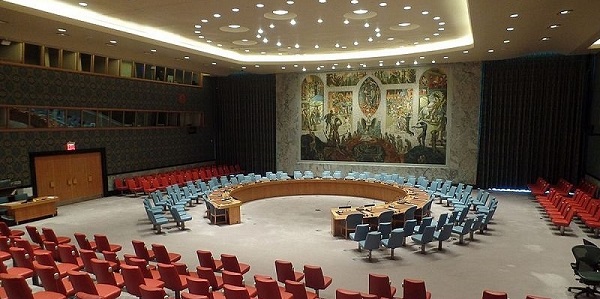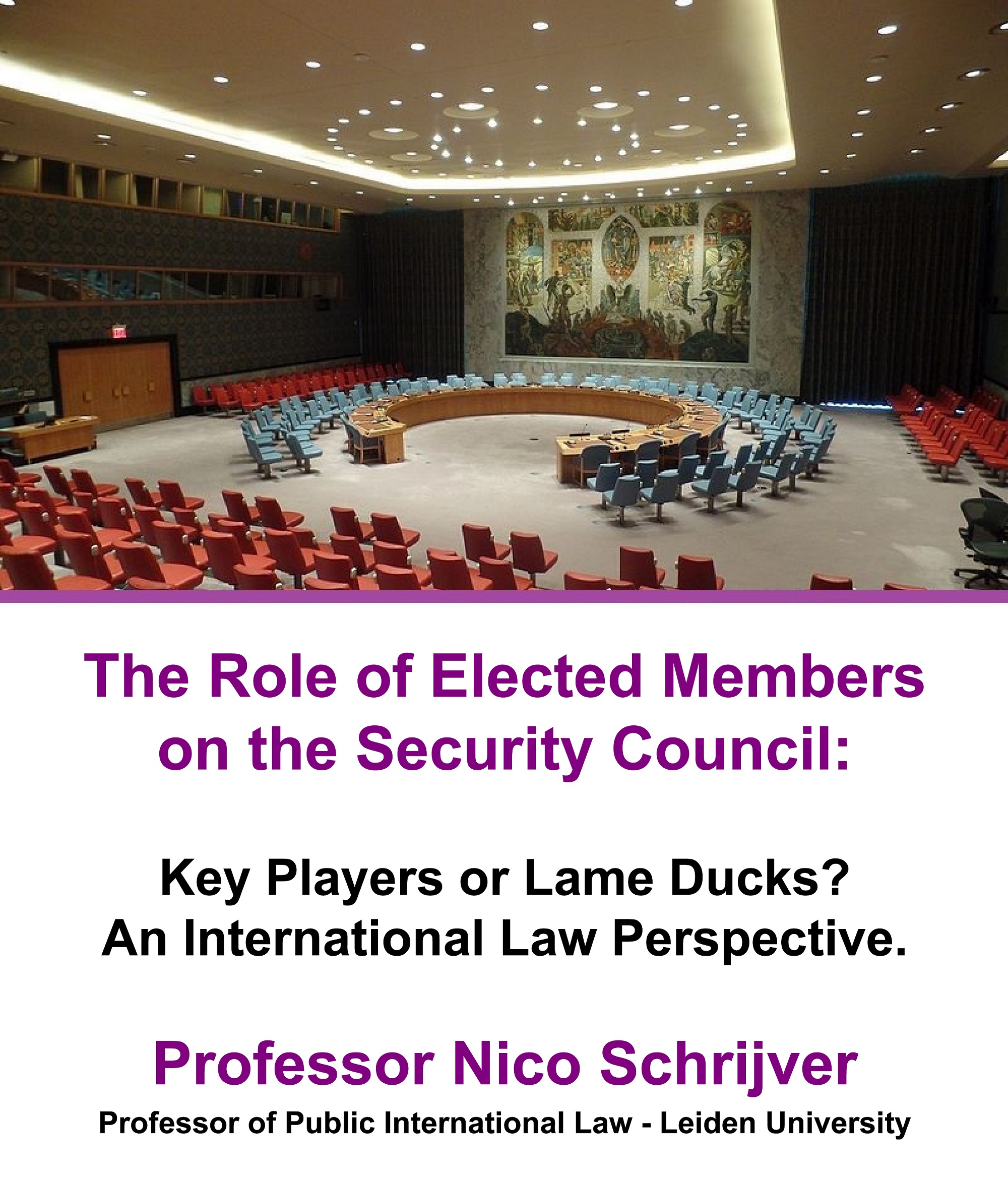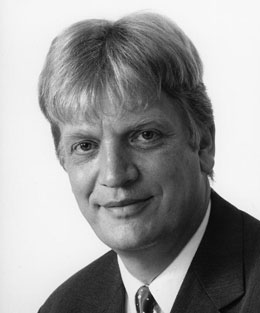The Role of Elected Members on the UN Security Council


Apart from the five permanent powers (P-5), the Security Council consists of ten elected members (E-10). They serve a term of two years only and hence they are also called the non-permanent members. Furthermore, unlike the P-5 they are not vested with the right of veto. At the same time, the E-10 play an indispensable role in the decision-making process: the Security Council can only take decisions if least 9 members vote in favour, with none of the P-5 casting a veto. The E-10 represent five different regions of the world. Apart from an equitable geographical distribution, they are also elected in view of their contribution to the maintenance of international peace and security and the other purposes of the UN. Both Australia and the Netherlands have served five times on the Council since 1945.
While fully realizing that the E-10 never form a homogeneous group, it is pertinent to identify and explore their joint strengths. What role for the E-10 is foreseen by the Charter, and how has this role evolved in practice? What are their chances and opportunities to employ what is in the toolbox of the Security Council? Are there any particular ‘niches’ for the E-10 in the Security Council, such as, for example, taking initiatives on rule of law issues, engaging in conflict prevention and debating the potential effects of climate change on peace and security? Can they serve as agents of the international community and norm setters? The lecture will also discuss the reform of the Security Council, in particular from the perspective of the E-10. Should their position be strengthened, e.g. by increasing their number or by extending the term of two years? Is there any room for strengthening their position by informal changes that do not require Charter amendment?
About the presenter

Dr. Nicolaas Schrijver is Professor of Public International Law at the Grotius Centre for International Legal Studies, Leiden University. Since September 2017, he has serves as State Councilor in the Council of State of the Netherlands, which is the highest administrative court of the Netherlands and the principal legal advisory body of the government and parliament. Previously, he was Senator in the Dutch house of parliament (2011-2017), where he served as the Chair of the Standing Committee on Foreign Affairs, Development Co-operation and Defence and leader of the Dutch delegation to the Parliamentary Assemblies of the Council of Europe and the OSCE. Currently, Nicolaas Schrijver is also the President of the Institut de droit international, one of the most renowned institutes in the field of international law. He is a former Chair of the Academic Council on the United Nations System (2000-02) and also served as the President of the International Law Association (2010-2012) and President of the Royal Netherlands Society of International Law (2003-2011). Furthermore, he is member of the Permanent Court of Arbitration, the Royal Netherlands Academy of Arts and Sciences and the Curatorium of the Hague Academy of International Law. During 2009-2016 he served as independent expert member on the UN Committee on Economic, Social and Cultural Rights, including as vice-chair during 2010-2012. Since 1995 he is also honorary visiting professor of The European Union and Co-operation with Developing Countries at the Universite libre de Bruxelles. Brussels.
Nico Schrijver is the author of various books, including Sovereignty over Natural Resources. Balancing rights and duties (Cambridge: CUP, 1997; paperback reprint 2008), The Evolution of Sustainable Development in International Law (Leiden: Brill, 2008; Chinese edition with Social Sciences Academic Press, Beijing, 2010), Development without Destruction. The UN and Global Resource Management (New York/UN Intellectual History Project; Bloomington: IUP, 2010) and Public International Law as World Law (in Dutch; The Hague: Boom, 3rd ed. 2018) as well as numerous co-edited books, book chapters and academic articles.
Professor Nicolaas Schrijver appeared as legal counsel before the International Court of Justice and the International Tribunal for the Law of the Sea and as an expert before various international investment and law of the sea tribunals. In the early 1990s he also served as Legal Officer in the Office of the Legal Counsel, United Nations, New York.
contact: n.j.schrijver@law.leidenuniv.nl
This seminar hosted by the Institute for International Law and the Humanities and the Asia Pacific Centre for Military Law